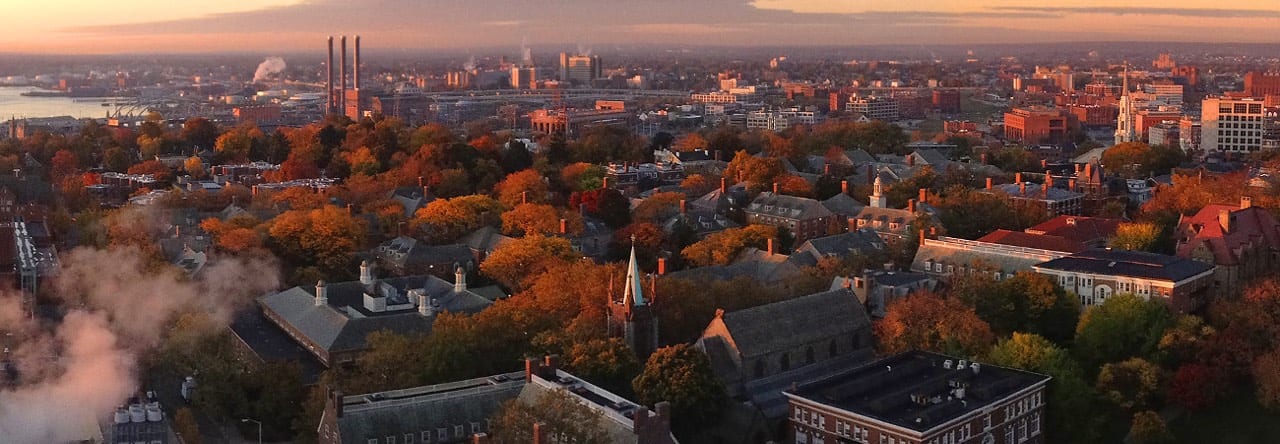
Happy Holidays Everyone! To end the semester, meet Francis Parserio, a first-year student still deciding on their concentration. Francis is a first-generation, low-income international student from Kenya, who comes from the Maasai people. He is interested in sports, nature, and video games.
Tell me a bit about yourself.
My name is Francis and I’m a freshman interested in applied math and economics. I am from a community called the Maasai in Kenya, which is like a nomadic community. They are very conservative of their culture and traditions. I’m the first in my family to go to college.
How has your first semester at Brown been so far?
My first semester has been good. The classes that I am taking are very interesting and the professors are nice. The students are also really nice. I enjoy doing group work. I have begun to integrate into the system pretty fast. I have made a lot of friends, including my two roommates, who are really nice. I live in a triple and when they told me I would have two roommates I was wondering what type of people they would be. They turned out to be really nice.

What has helped you transition to this new chapter of your life?
The first thing that has helped me is the advice that I got from friends who were already studying in the U.S. During the summer, I used to go to meetings with my friends and ask them how life was in the U.S. Then I started looking for people who were studying at Brown and contacting them to receive advice from them. They gave me good advice. They told me to be flexible and embrace the culture.
Interviewer: Did anyone else from your hometown come to study in the U.S. at the same time as you?
From my hometown? No, I’m the first. In my county, I don’t think anyone else has gone out of the country.
Interviewer: So, your friends that gave you advice about coming to the U.S., where did you meet them?
There is a community-based organization for the whole country. They bring students who are studying in the U.S. together. So, I met students from different parts of the country, not from my community but from other parts of the country. It’s something organized by someone who is in the U.S. and they’re the communicator that brings students together. They organize meetings for us. When I go back to Kenya in the summer, they want me to host a group of students that will be coming to the U.S. next year and talk to them about how to adjust to the U.S. and how to deal with the different academic cultures here.
Interviewer: Is the academic culture very different compared to here?
Yes, it’s very different. The approaches are different. When you take a course, you don’t have the freedom to choose. Not even in high school. You don’t get to choose like here. Whatever we study is also not too advanced. A calculus class in high school will not help you when you try to do calculus here. Also, we have to take around 15 subjects, such as history, geography, religion, math, chemistry, languages, business, computer science, and more. Because of this, it makes it hard to dive into one thing, so you end up with a shallow knowledge of different subjects. You also have to be studying subjects that you don’t like at all but you need to know them for the national exam in Kenya, where you will be ranked nationally. If you fail one subject, you won’t do well, so you need to study. The government administers the exam at the end of high school and the exam is serious. It is marked in the National Center and the minister released the results. You’re competing against everyone, so about the top 15% are qualified to go to school and another 10% go to technical training institutions. Your past grades are not considered, only the exam because they don’t think all schools grade the same way. Some people end up failing because they are so tense. This exam has serious security, like state police, and your teachers can’t be in the room.

What do you hope to accomplish during your time at Brown?
I hope to build a community of friends, share my experiences, and learn from others. I also hope to gain different skills and explore as many fields and subjects as I can. I want to take classes that I have never seen before. I also want to develop skills that will help me make a change back home.
What are some things that you enjoy doing recently?
Recently, I’ve been enjoying sports — intramural sports. I play volleyball and go to games. I also like taking nature walks throughout Providence. I enjoy playing video games. I play FIFA, it’s like the only video game in Kenya. It’s the only common thing in Kenya because all Kenyans are football fans. We follow the Premier League, the Champions League, and the World Cup.

What is one thing you would like people to know about you?
I like to talk about disputable subjects. It opens up my perspective and makes me see things in a different way. You may find me having a certain thought on a controversial subject one day and the next you will find me supporting the opposing view. I like to hear what people have to say. Sometimes people can come from a place where certain things are not controversial and in another place they are. When you come from a society that has only one view on the subject, you are not able to understand what the controversy is. Until you hear the other perspective from someone else, you are able to find out that there are two sides to the issue. Being able to hear both sides opens your perspective.




